
MCQ on Genetics: Concept and Applications (PDF)
Genetics is the study of genes, heredity, and the variation of organisms. It explains how traits and characteristics are passed from parents to offspring through […]

Genetics is the study of genes, heredity, and the variation of organisms. It explains how traits and characteristics are passed from parents to offspring through […]

Flower development is key to plant reproduction and survival. It involves complex genetic and molecular mechanisms guiding the shift from vegetative to reproductive growth. The […]

The Shine-Dalgarno (SD) sequence and the Kozak sequence are critical elements in the process of translation initiation in prokaryotic and eukaryotic cells, respectively. The SD […]
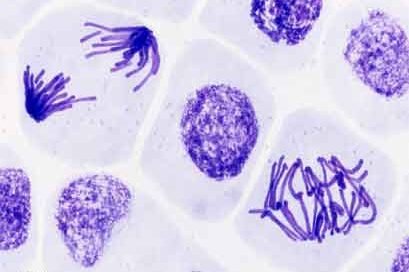
Mitosis and meiosis are fundamental processes of cell division that facilitate the growth, development, and reproduction of organisms. Mitosis is a process of nuclear division […]
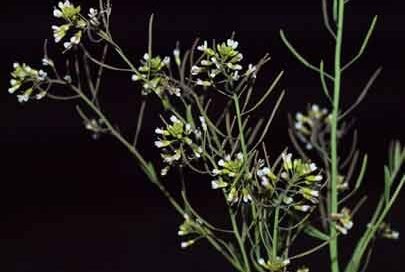
Arabidopsis thaliana as a Model Organism: Have you ever wondered how scientists study plants to understand their growth, development, and responses to the environment? One […]
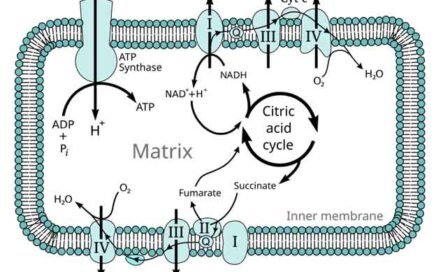
Coenzyme Q10 (CoQ10), also known as ubiquinone, is a naturally occurring compound found in every cell of the human body. It plays a critical role […]

Evolution MCQ with Answers: Evolution is the process by which species of organisms change over time through variations in their genetic traits. These changes occur […]
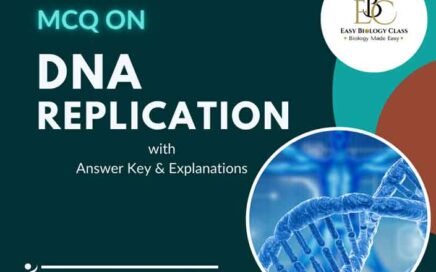
DNA replication is the process by which a cell duplicates its DNA, ensuring that each daughter cell receives an identical copy during cell division. It […]
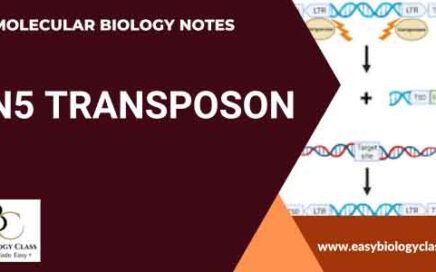
TN5 transposon is also known as Tn5 elements, stand as remarkable molecular entities within the realm of mobile genetic elements. These mobile DNA sequences possess the ability to relocate themselves within a host genome, exerting substantial influence on genetic diversity, evolution, and even the functionality of organisms.